Reality has sunk in for the University of Colorado football team.
After a surprising 3-0 start that saw the Buffaloes ranked as high as No. 18 in the country, Deion Sanders’ squad has suffered two straight losses to Pac-12 teams ranked in the top 10.
Thus far, the team’s five games have aired on Fox, ABC, or ESPN, and those high-profile broadcasting spots have earned record viewership numbers for each of those networks — and even the Pac-12 conference as a whole. But now, unranked, the Prime Effect was put to the test with its next battle on Saturday night. The Buffaloes (4-2) rallied to defeat at Arizona State, 27-24 on the often hard-to-find Pac-12 Network.
In Boulder, the Buffaloes have seen a $14 million boost in ticket sales compared to last season and a 42% increase in sponsorship revenue. Sanders himself claimed that Colorado’s home opener against Nebraska generated $18 million in revenue for the city. The Boulder Chamber of Commerce and Visit Boulder, the Convention and Visitors Bureau didn’t respond to inquiries from Front Office Sports to provide further details about Sanders’ economic impact.
But with the hype now somewhat contained as fans and media have realized what many had predicted all along — that this Colorado team won’t be competing for a spot in the College Football Playoff this year — there’s still plenty on the line for the remainder of the season.
Colorado is favored against ASU on Saturday, and current projections from college bowl game expert Brett McMurphy have the Buffaloes playing in the Independence Bowl, where they would also be slight favorites against Oklahoma State. That would mark their first bowl game appearance since 2020 and just their fourth since 2007. The last Colorado bowl victory came in 2004.
Most sportsbooks had Colorado’s 2023 win total set at over/under 3.5, so this season has already been a success on the field. And amid the media circus and the fall back down to earth, the university is doing its best to capitalize on the moment.
Growing Pains
Colorado’s 48-41 loss to USC last Saturday saw the athletic department issue a record 892 media credentials, a school official told Front Office Sports. That broke the previous record of 848 set three games prior, when heated rival Nebraska visited Folsom Field.
Amid the demand, Colorado’s media parking lot is full, so a shuttle service has been deployed for some reporters.
With long and often chaotic lines to enter Folsom Field and buy food and drink, team concessionaire Levy has seen record sales figures this season, FOS has learned.
The same is true for merchandise partner Fanatics. Colorado’s online team store saw a 1,220% increase in sales during September compared to the same month last year. While the school often hasn’t had enough merchandise inventory to meet the demand, total revenue is pacing 51% ahead of last year.
The Buffaloes had never sold out of season tickets before this year — much less their entire inventory of tickets. During Colorado’s Week 1 matchup at TCU, fans began calling the ticket office before the Buffaloes completed the 45-42 upset win in Fort Worth, Texas, according to Alexis Williams, Colorado’s senior associate athletic director for external operations.
Media Frenzy
Colorado told FOS that its media monitoring service has recorded over 35,000 mentions from online news, TV, and blogs since the season began. Comparatively, its total number of mentions last year at this time was around 5,000.
Social media accounts for Colorado football have surged exponentially since Sanders’ arrival. The Colorado football Instagram, which had under 100,000 followers last December, is now approaching 1 million.
The added attention has brought an influx of mainstream interest, Colorado digital content manager Portia Pettis told FOS — like the Baltimore Ravens “cold calling” Colorado via Instagram DMs, which led to this collaboration post of Odell Beckham Jr. wearing a shirt supporting Colorado star Travis Hunter.
Daily follower growth is around 5,000 on Instagram, and spikes have been as large as 100,000 (after the TCU game). Even after the loss at Oregon, the account saw 25,000 new followers. Colorado’s marketing team helps generate revenue from social content via paid ads.
Building For the Future
While some speculation is beginning to surface as to how long Sanders will coach at Colorado, the school is optimistic for 2024 and beyond.
Williams told FOS that Colorado will increase the number of season tickets from the nearly 20,000 it offered this year. The plan is to put next season’s packages on sale before the 2023 season ends. No major facility projects are planned right now to expand Folsom Field beyond its capacity of 53,000.
The athletic department is considering adding staff members as demand grows, as is its sponsorship sales team from Learfield, Buffalo Sports Properties. Academically, Colorado chancellor Philip DiStefano recently said out-of-state applications to the school are up 40%.
Next year’s move to the Big 12 may create some increased interest among fans as Colorado gets some new opponents — not only in football but also basketball, as the new 16-team conference will have a strong hoops presence. But overall, Colorado stakeholders are relatively even-keeled about the move’s financial impact beyond the obvious additional media rights revenue.
But this fall, the pressure remains on the Buffaloes to finish the season strong on the field and lay the foundation for an even stronger Prime impact next year.
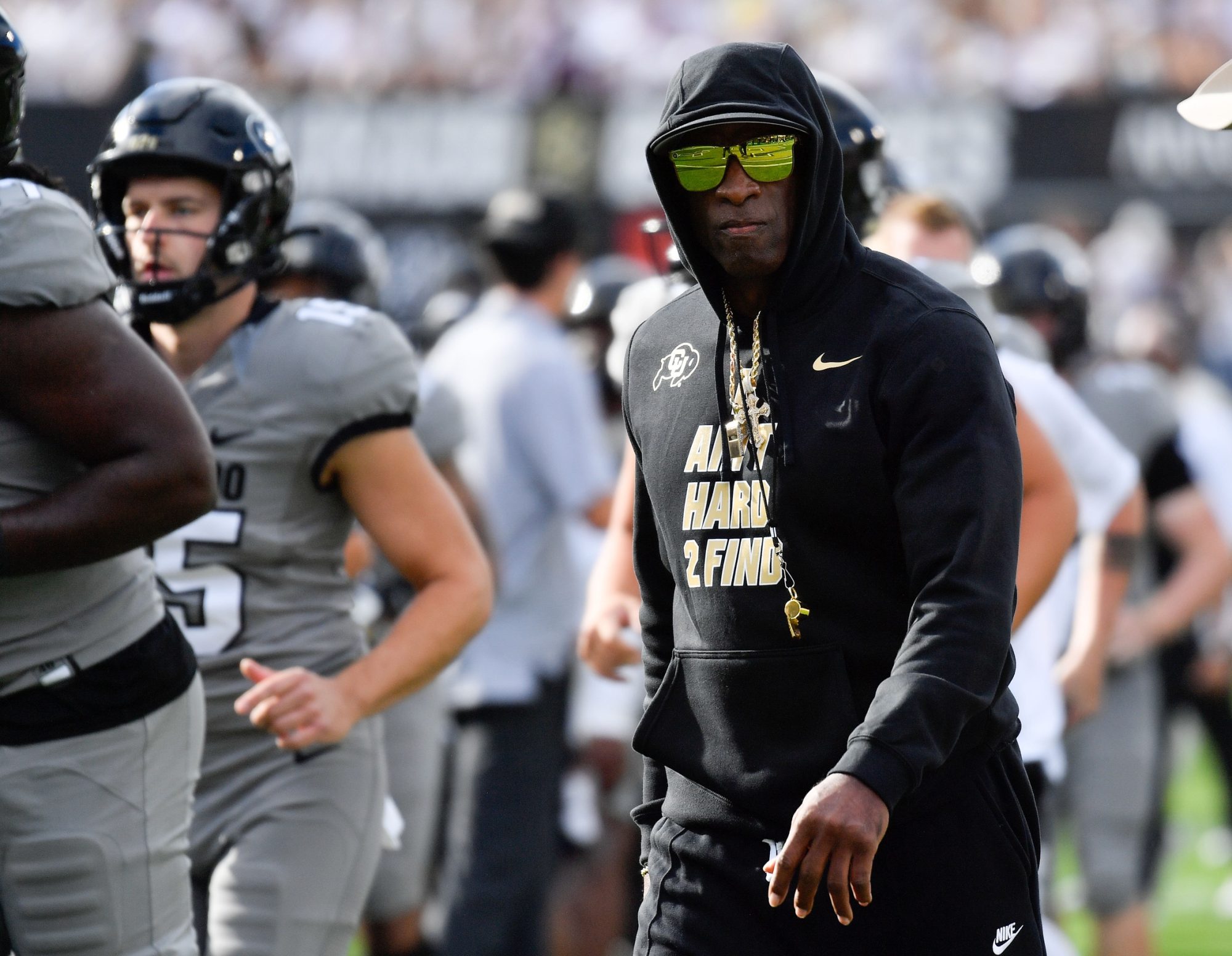
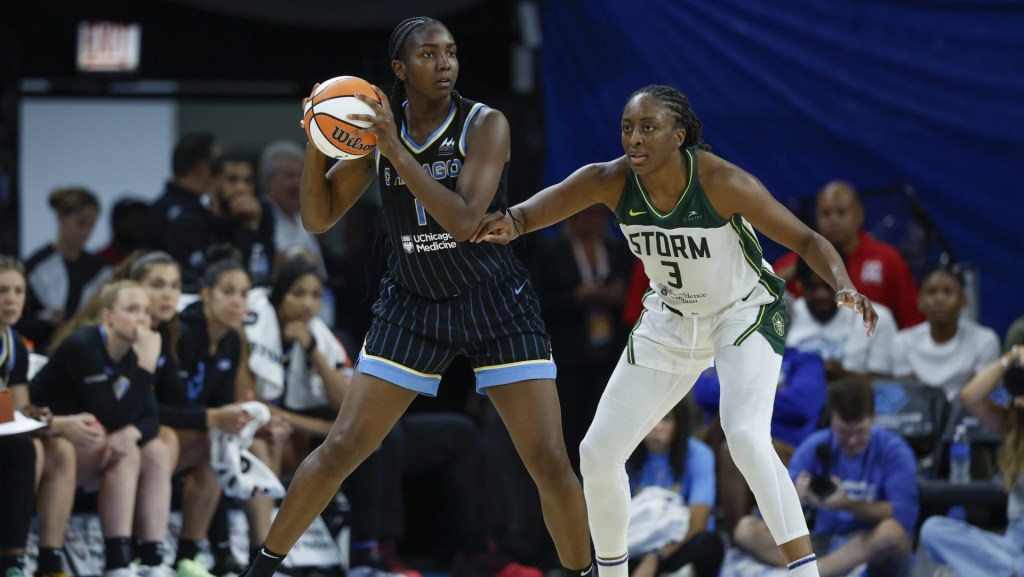
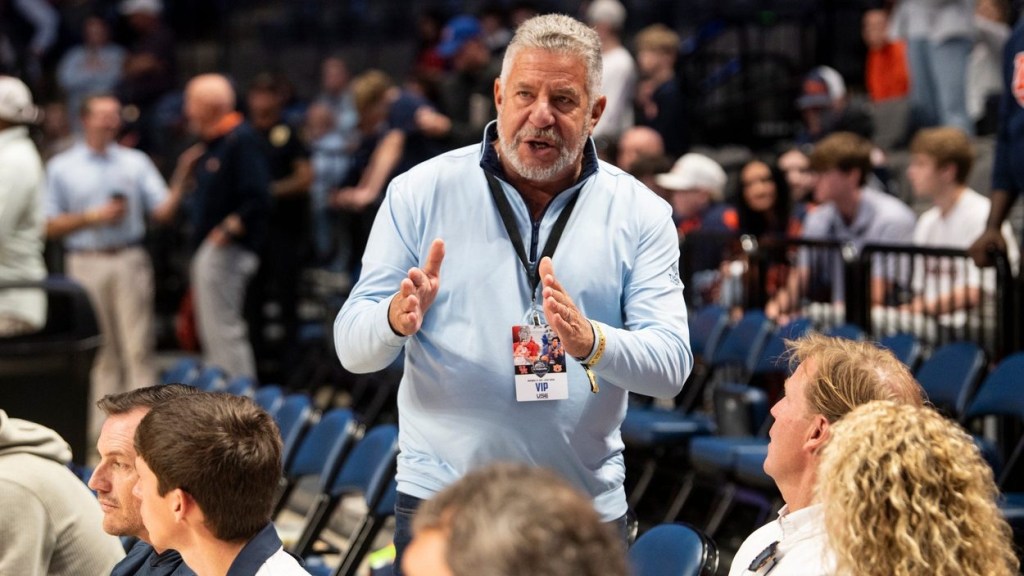
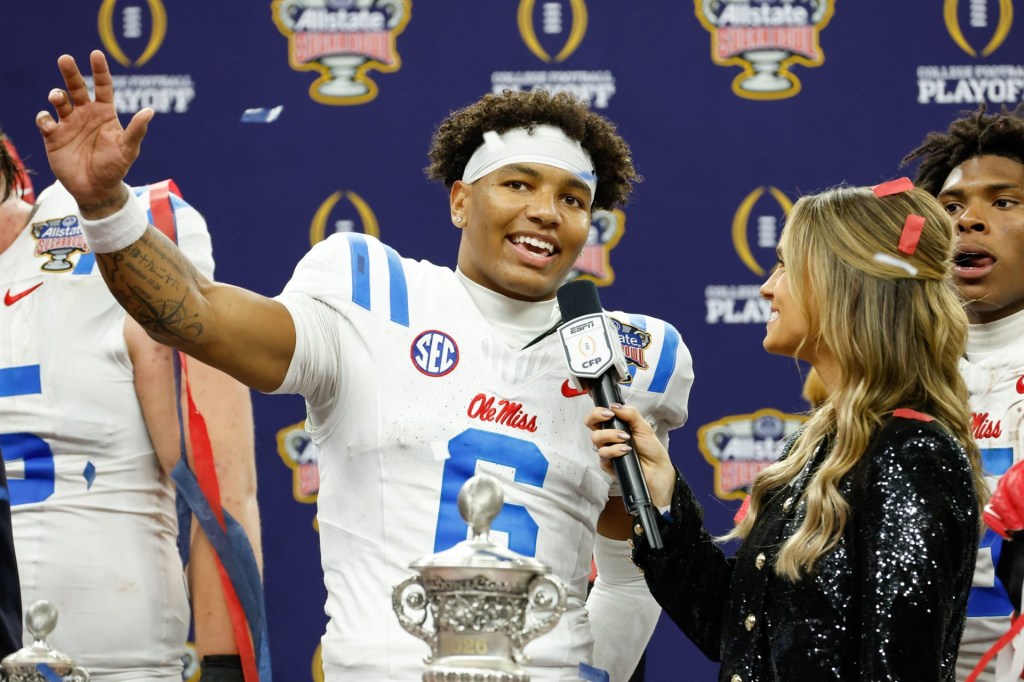
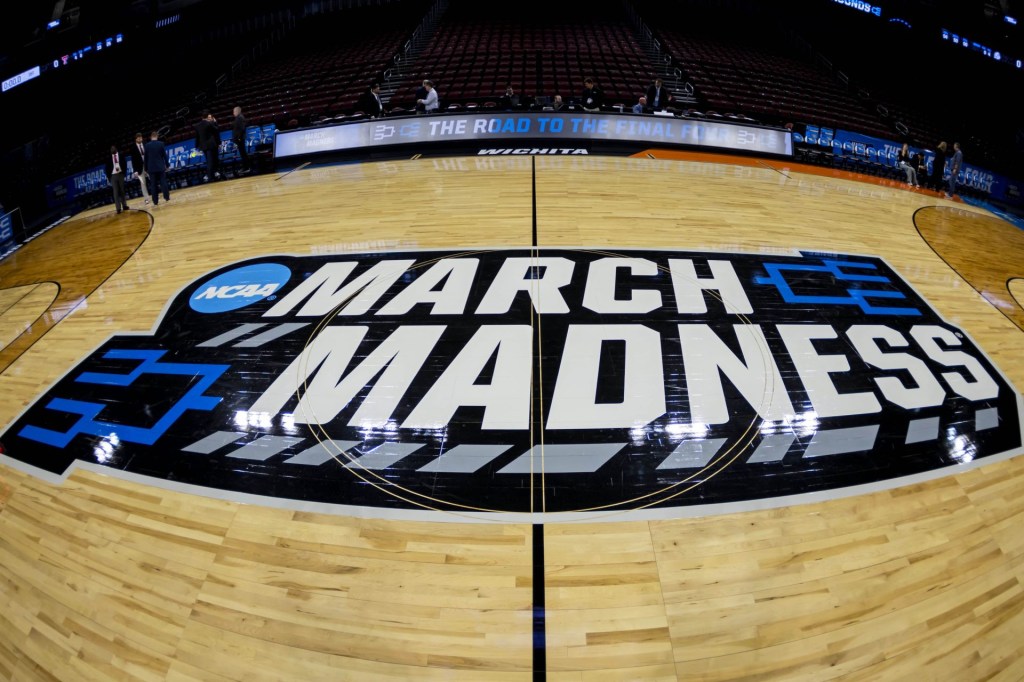
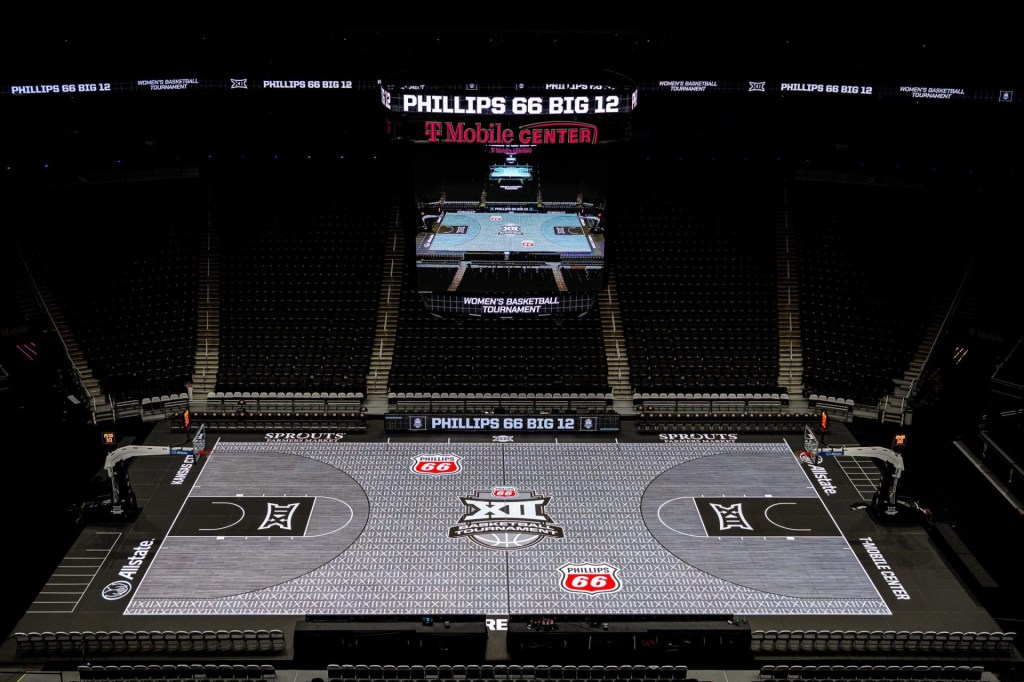



![[Subscription Customers Only] Jun 15, 2025; Seattle, Washington, USA; Botafogo owner John Textor inside the stadium before the match during a group stage match of the 2025 FIFA Club World Cup at Lumen Field.](https://frontofficesports.com/wp-content/uploads/2026/02/USATSI_26465842_168416386_lowres-scaled.jpg?quality=100&w=1024)








